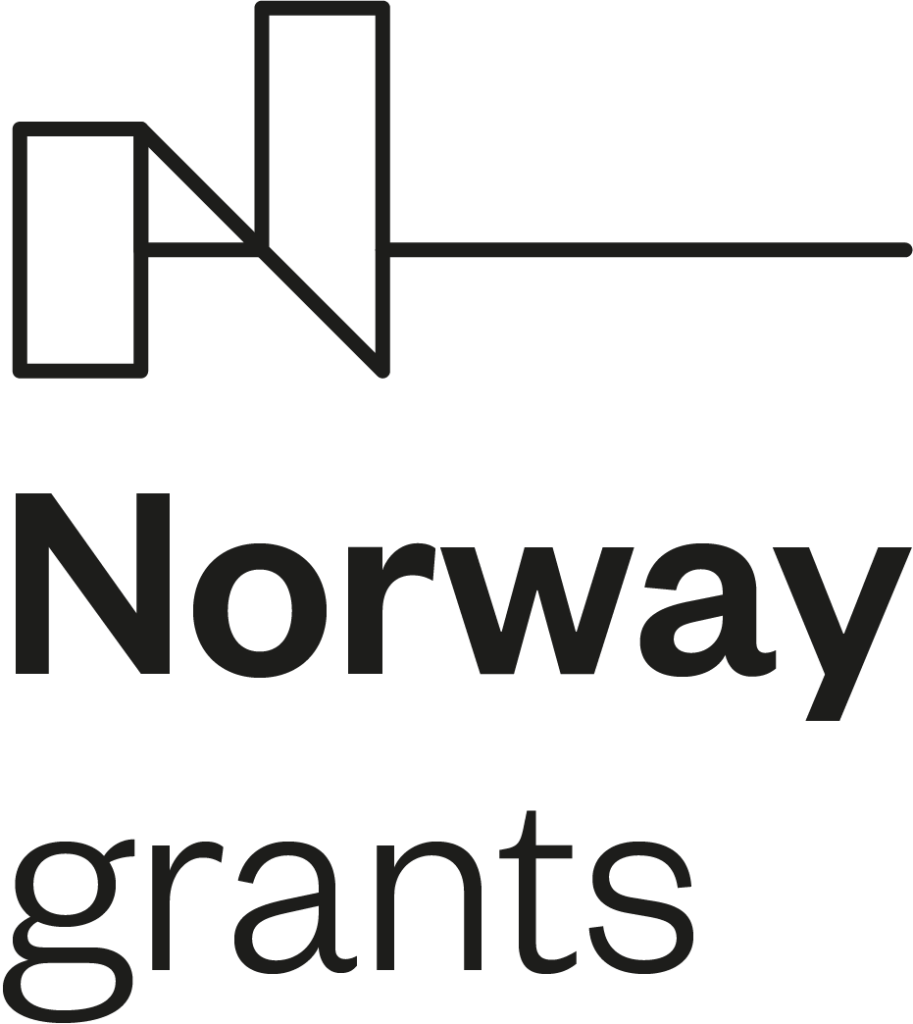PROJECT TITLE
Management of forest genetic resources under climate change
PROJECT CODE
TO01000243
GRANT
Norway Grants and TA CR
Funding: 21 336 950 CZK
About the project:
The project aims to increase productivity in Norway spruce and Scots pine in Norway and Douglas fir in the Czech Republic, while enhancing the genetic diversity of new plantations.
Within the framework of in-situ forest tree gene-resource management, the project is focused on addressing the following key objectives. Each objective will be fulfilled by novel methodological development and software solutions validated in the operational tree improvement programmes in Norway and the Czech Republic.
The specific objectives are:
1. development and validation of a novel genetic evaluation protocol,
2. economic evaluation utilizing improved selection indices,
3. adoption of spatial seed orchard layouts to accommodate specific constraints in advanced generations,
4. development of genetic thinning algorithm promoting random mating and minimizing inbreeding in seed orchards,
5. utilizing stochastic simulation: comparison of the efficiency of alternative tree improvement strategies.
2021
A team of scientists and practical breeders from the Czech Republic and Norway is developing novel insitu forest tree genetic resources management. In the project’s first year, innovative selection procedures were developed that effectively combine molecular genetic markers large datasets from UAV imaging of stands with multispectral cameras supplemented with laser targeting and climate data. The team uses extensive computer simulations to calibrate the proposed procedures. In the following stages of the solution, validation will take place on real populations in Norway (Norway spruce and Scots pine) and the Czech Republic (Douglas fir). The project team is also working on seed orchard issues and has developed an original genetic screening algorithm in the first year of the project.
In 2022, innovative breeding strategies were developed that effectively combine large datasets from UAV imaging of stands with ultispectral cameras supplemented with laser targeting, genomic, and climate data. The team uses extensive computer simulations to calibrate the proposed strategies. A novel methodology was published for optimizing genetic thinning in seed orchards with four publically available software tools. A comprehensive set of DNA samples of Douglas fir was selected in the Czech Republic to facilitate the respective management of forest gene resources. In the following stages of the solution, stochastic computer simulations will be conducted to optimize the implementation of “landscape breeding” programs in Scandinavia and the Czech Republic, and likely additional countries.
2023
In 2023, the team made significant strides by devising pioneering breeding strategies that harness a wealth of data sources, including UAV imaging with multispectral cameras enhanced by laser targeting, genomic information, and climate data. These strategies are meticulously fine-tuned through extensive computer simulations. One notable achievement was the introduction of the “Rolling Front Landscape Breeding strategy,” a groundbreaking approach aimed at enhancing the efficiency of forest tree breeding in the face of climate change challenges. This involved the careful selection of genotypes, guided by comprehensive DNA analyses, to establish a new Douglas fir seed orchard in the Czech Republic. As the project progresses, the team is set to undertake stochastic computer simulations in subsequent phases, focusing on optimizing the implementation of “landscape breeding” programs in both Scandinavia and the Czech Republic.
Beneficiary and project partners:
Česká zemědělská univerzita v Praze
Norwegian Institute of Bioeconomy Research (NIBIO)
Stiftelsen Det norske Skogfrøverk
Vojenské lesy a statky ČR, s.p.

The project FORGENRES benefits from a € 0.8 mil. grant from Norway Grants and Technology Agency of the Czech Republic. The project is carried out under the KAPPA funding programme for applied research, experimental development and innovation, managed by the Technology Agency of the Czech Republic.
